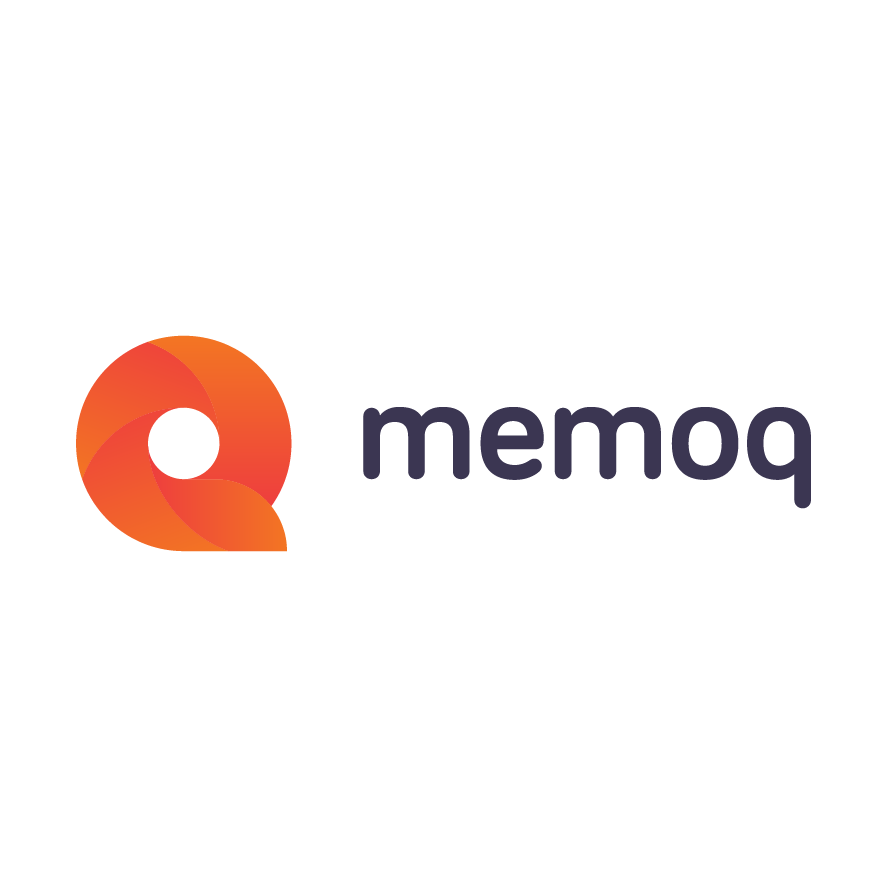Refactoring: a response to pains of growth. By Balázs Kis.
Kilgray is closing a very good year in 2011 – again. Everything is growing rapidly: the revenues, the number of users, the number of memoQ features, the number of employees, and also the workload on everyone in the company. We are at a stage where the old ways no longer serve us so well.
Thus the theme for us in 2012 is ‘refactoring’. The term comes from software development, and it means that you change a structure, and all references to that structure, while keeping everything else as intact as possible. In the end, your application behaves the same way – but the program code is easier to manage and understand. (For a more learned definition, see the Wikipedia article here.)
But it’s not only the code of memoQ that we are tidying up. (It surely needs tidying up: from a modest 300,000 lines of code in 2005, it bloated to some 2.5 million lines over 6 years.) We’ll make changes to almost every aspect of our operation and our organization, so that users experience a more reliable and faster product, with a larger set of documentation and services, and an even more responsive and more competent customer support.
All this reminds me of the house where I grew up. It used to be a tiny village affair with one large and one small room, a kitchen, a bathroom, and a cellar – and this was it. It was the home of my mother, her brother, and their parents. When my father moved in, and I was born, still a couple of decades ago, another large room was added so that we three fit in. When I was old enough to have my own room, a verandah was turned into yet another room. And when my parents decided to have their own apartment, but they could not leave my then elderly grandparents, they decided to build an apartment in the attic. Quite an organic growth, isn’t it? The house was just like patchwork – built in four different periods, in different styles and from different materials. No surprise that we dreaded the time when it would need to be modernized.
Such a time is always brought forth by great changes. With Kilgray, it’s rapid growth in every aspect. In my family, it came when my grandparents died, I moved out to start my own family, and my parents started their own business (by the way, it’s a notable IT publisher that was also instrumental in creating Kilgray). And, of course, the house had its physical problems, too. So we had to reconstruct just about everything while my parents were still living and working there. Today, although the house is four times as big as it used to be, it looks as if it was designed that way, and it has decent living space and an office section, with unified looks and equipment. And it’s a second home to my kids now, who return for several weeks every summer.
In 2012, we set out to achieve the same with Kilgray and its products. We invite you to come along on that road. Although you do not need to do more than sit back and watch as our products and services get better, we’d like to share the experience with you – and we’d also like you to share similar stories with us. This is why refactoring is also a theme for next year’s memoQfest – let’s share our experience and continue growing together.

memoQ
memoQ is among the world's leading translation management systems. The favorite productivity tool for translation professionals around the globe.



